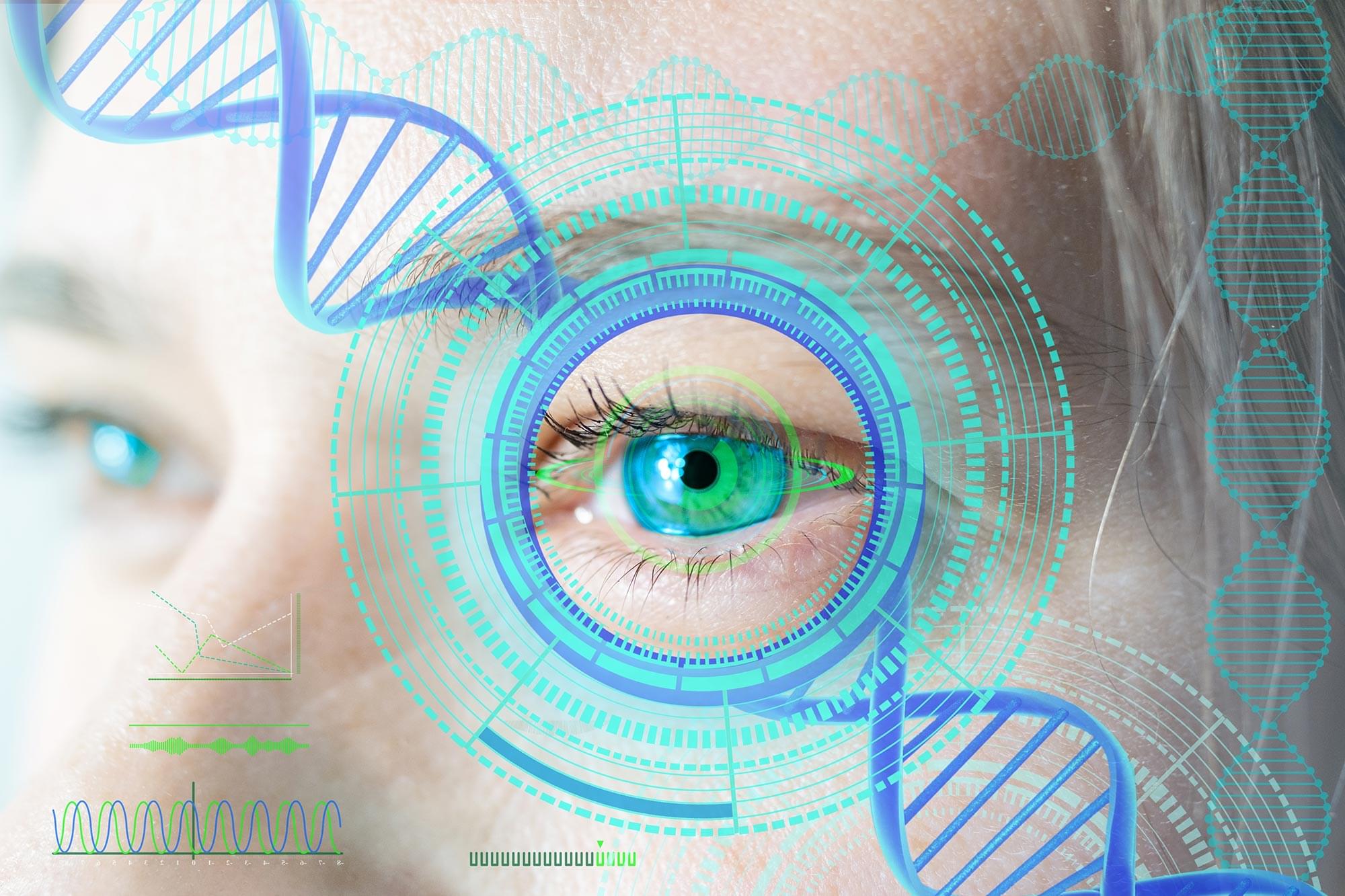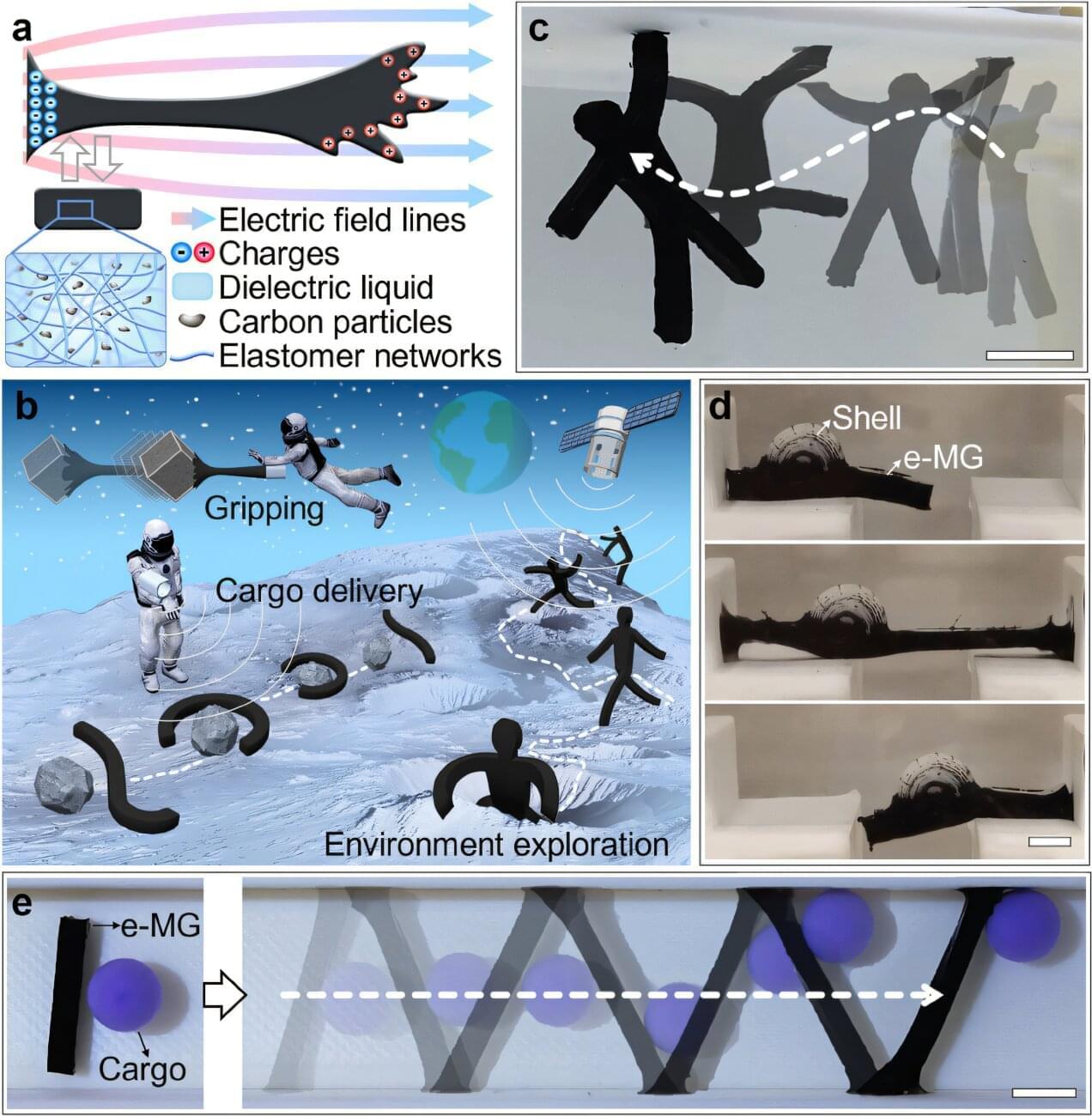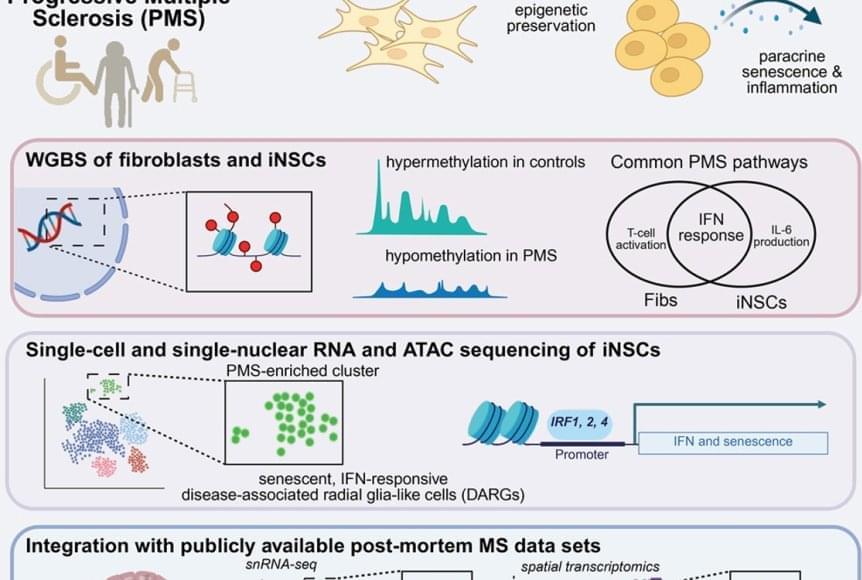The simulation of strongly interacting many-body systems is a key objective of quantum physics research, as it can help to test the predictions of physics theories and yield new valuable insight. Researchers at Quantinuum, a quantum computing company, recently simulated a simplified version of a well-known theoretical model, the so-called Sachdev-Ye-Kitaev (SYK) model, using a trapped-ion quantum computer and a previously introduced randomized quantum algorithm.
Their simulation, outlined in a paper published on the arXiv preprint server, improves the present understanding of chaotic quantum systems that cannot be simulated using classical computers. In the future, their work could contribute to the simulation of other complex quantum systems and theoretical models.
“We were interested in the SYK model for two reasons: on one hand it is a prototypical model of strongly interacting fermions in condensed matter physics, and on the other hand it is the simplest toy model for studying quantum gravity in the lab via the holographic duality,” said Enrico Rinaldi, Lead R&D Scientist at Quantinuum and senior author of the paper.







